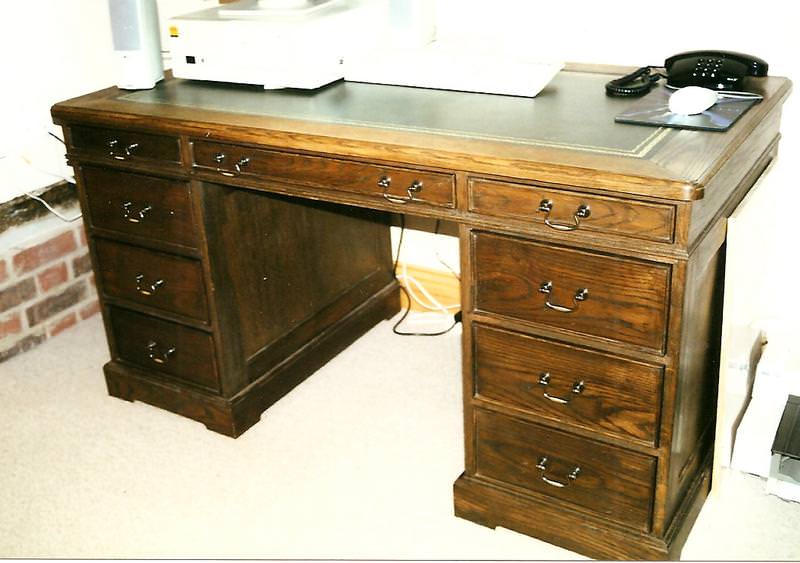What are your opinions on them guys?
They seem to be very expensive. And even more so with travel and accommodation. Would you reckon £7000 is worth it for a 12 week beginner course studying all aspects for beginners or would you reckon a longer course like 48 weeks or would I be better just using the money to buy great quality hand tools and some machinery and just practice, practice, practice on my own from youtube videos.
I have what I would describe as decent hobby skills but complicated joints like dovetails always look a bit shoddy and need improving. I just want to make good quality stuff for myself and family.
Cheers
They seem to be very expensive. And even more so with travel and accommodation. Would you reckon £7000 is worth it for a 12 week beginner course studying all aspects for beginners or would you reckon a longer course like 48 weeks or would I be better just using the money to buy great quality hand tools and some machinery and just practice, practice, practice on my own from youtube videos.
I have what I would describe as decent hobby skills but complicated joints like dovetails always look a bit shoddy and need improving. I just want to make good quality stuff for myself and family.
Cheers

































